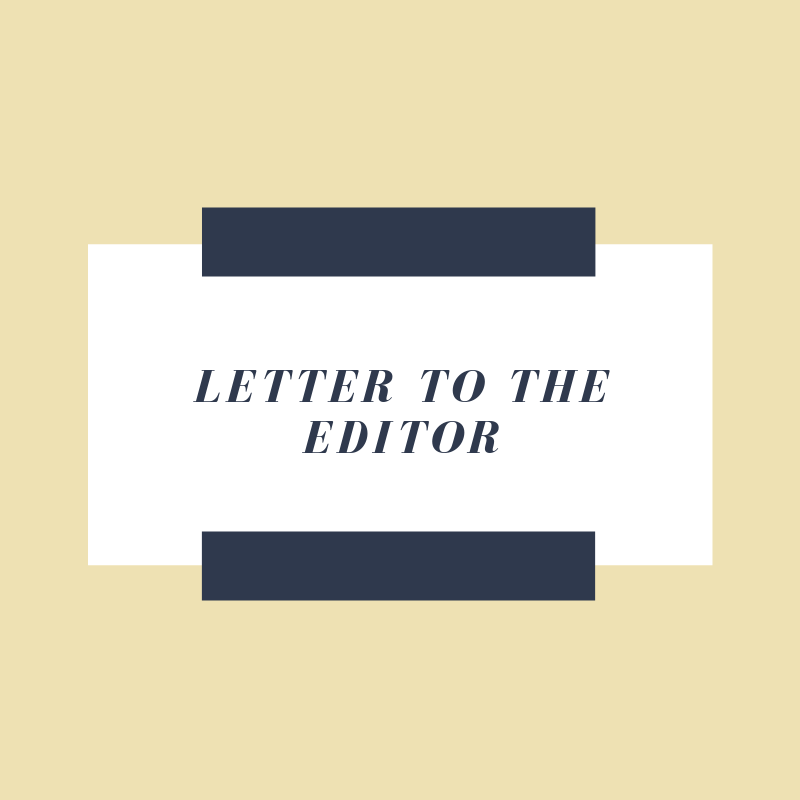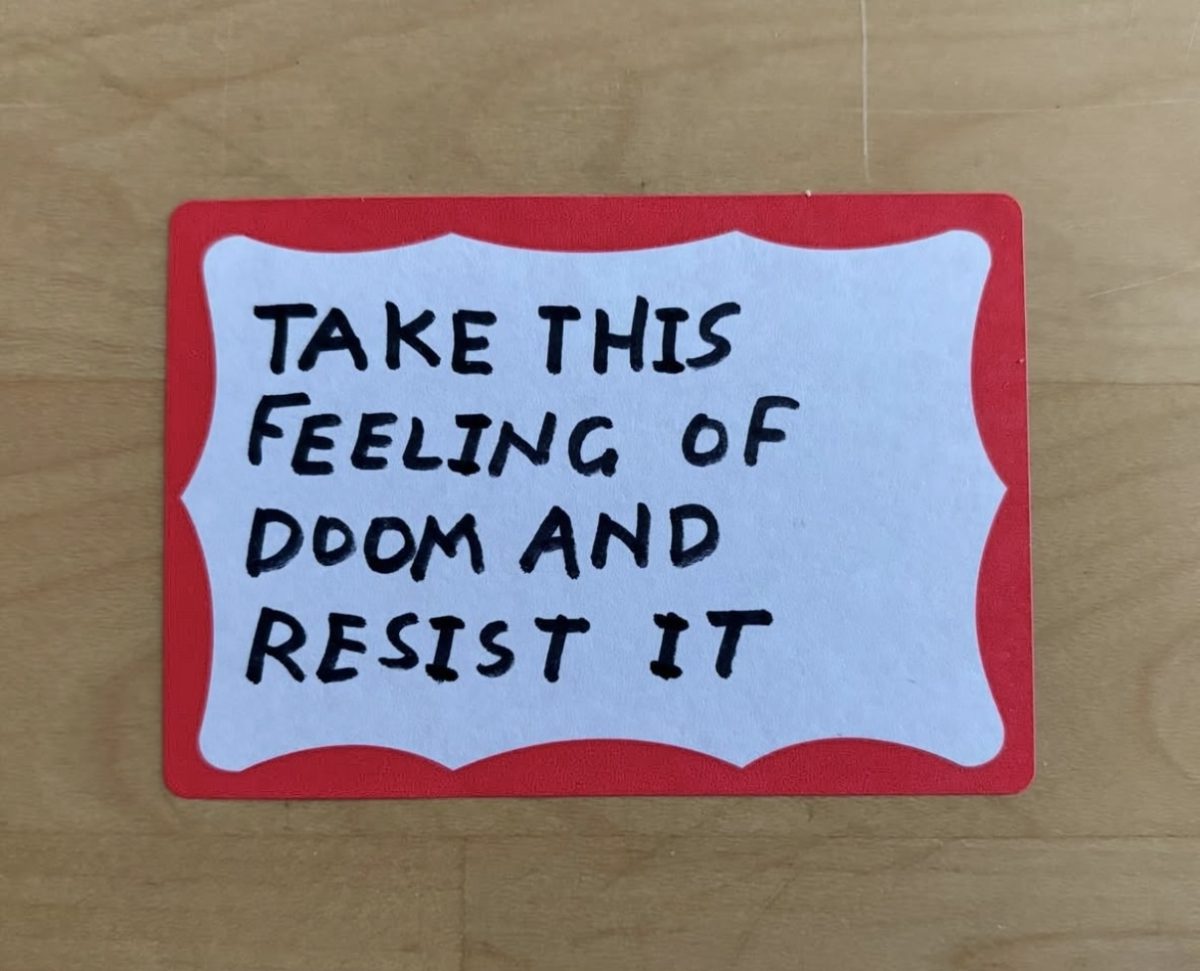This article expresses the views of its author(s), separate from those of this publication. Spinnaker does not endorse any of the contents of a Letter to the Editor. Readers are encouraged to comment or submit a Letter to the Editor to share their opinions. To submit a Letter to the Editor, follow the instructions here.
Recently, I was in a class session where a fellow student was all but chided for not, well, being caught up on current affairs. In the approximately 2 ½ years I’ve been at UNF, this is not the first time I’ve witnessed such an event. This is not socially isolated, and the phenomenon of culturally unaware students is rearing its head as an unfortunate dragon threatening to upend the stability of our shared futures. I say this because globalization is fast becoming a staple feature of our society, its institutions, and our social spaces. The trajectory our societies seem to be heading in is requiring of the upcoming generations that they be attuned to not only local developments but also regional and global ones in a way that was not historically required, unless aspirations demanded such awareness. Now, unfortunately, with the explosion of access to information in our Data Age, we are being asked to be hyperaware of even the most minute developments in so far as the probability of effects is more likely than not to affect us as college students preparing to head out into the world. The historical emphasis on Education is also beginning to appear as the Achilles heel no one ever imagined it would be. In short, Education, as an asset is being circumvented by the rapid technological advancements of the 21st century and as well, the often-blindsiding developments regarding social issues, some of which many of us simply do not have the bandwidth to keep up with all the time. On the one hand, those of us with the bandwidth to remain on top of everything all the time are preparing to herald an unprecedented age of innovation, while those who for whatever reason cannot and may not want to remain perpetually engaged beyond the necessaries are being asked to critically reassess their priorities, i.e., become an informed participant or remain a local citizen and in both cases, reckon with the consequences as they arise.
Our environments are traumatic and confusing, and like moths to flames, the attraction is of the kind that is bound to cause pain. Many of us have goals, or had goals, or desire to have goals that we would like to accomplish yet we often come to realize that all around, regardless of origins, and affiliations, there is always that element of being in this world that we simply cannot escape, regardless of how much we would wish to escape it. We are asked to live and create meaningful lives for ourselves and our families, the ones we have and the ones to come as a necessary precondition for preserving our ‘humanity ticket.’ This is an arduous task. The systems that were created, that we have been socialized in, and which have now come to be automatically self-reinforcing and self-justifying are more monstrous than anyone one group or person could have imagined or single-handedly created. And now, to expect that those systems will rectify themselves is such a far fetched idea that there is more dread and fear that the eventual end will not be the kind of enlightened one that we would like. History is at once our best friend and worst enemy. It is asking us to course correct not only ourselves but also the larger network of interconnected systems that we have to interact with. But the greater issue is that, as Chris Fraser notes in his paper Zhuangzi, Xunzi, And The Paradoxical Nature of Education, “learning limits learning.” And likewise, James Baldwyn’s own take on another dimension of the paradoxical nature of education is applicable here as well that as we begin to really become conscious, we start examining the society in which we are being educated.
At some point, learning stops and for whatever reason it does, whatever the limitations are, we have to recognize that the globe does not stop spinning so it can cater to anyone’s particular proclivities. Some of us would like to be angry that for whatever reason, whichever direction we try to go, it all just seems rigged by, again, subjective proclivities and inclinations. Where we want to expect and appreciate the inherent goodness of humanity, we are also forced to reckon with our own subject proclivities and inclinations unable to deny that the things that don’t kill us don’t make us ‘stronger,’ they just make us anxious and weary of dealing with other people, and in extreme cases, angry and cold and dismissive of others in destructive ways. Even as I am writing this, my own mortality is weighing heavily on my conscience because I am acutely aware of how entrenched the shortcomings are, like I said, history is here our best friend and worst enemy.
Nonetheless, in all cases, it is appearing pertinent and necessary that as the generation that is eventually going to have to take over at some point, we must come together and critically assess what the collective path forward is so we can start taking the necessary steps to protect our democracies and ensure the longevity of all our rights and liberties that we have come to privilege as members of what we would like to be, a free and fair society, and, as well, continue the charge to once and for all triumph over all forms of evil and injustice. This idea may be naïve and far-fetched for some, but many historical figures from distinct societies which, in many circumstances never had any interactions with each other dedicated their lives to. So, in the words of one of our most revered icons, MLK Jr, remember, “injustice anywhere, is an injustice everywhere.” And, as we look forward to the holiday’s, I am extending to everyone of the Spinnaker’s readers, a Happy Holidays.
Tyreese Learmond is a current senior student at the University of North Florida.
___
For more information or news tips, or if you see an error in this story or have any compliments or concerns, contact editor@unfspinnaker.com.








